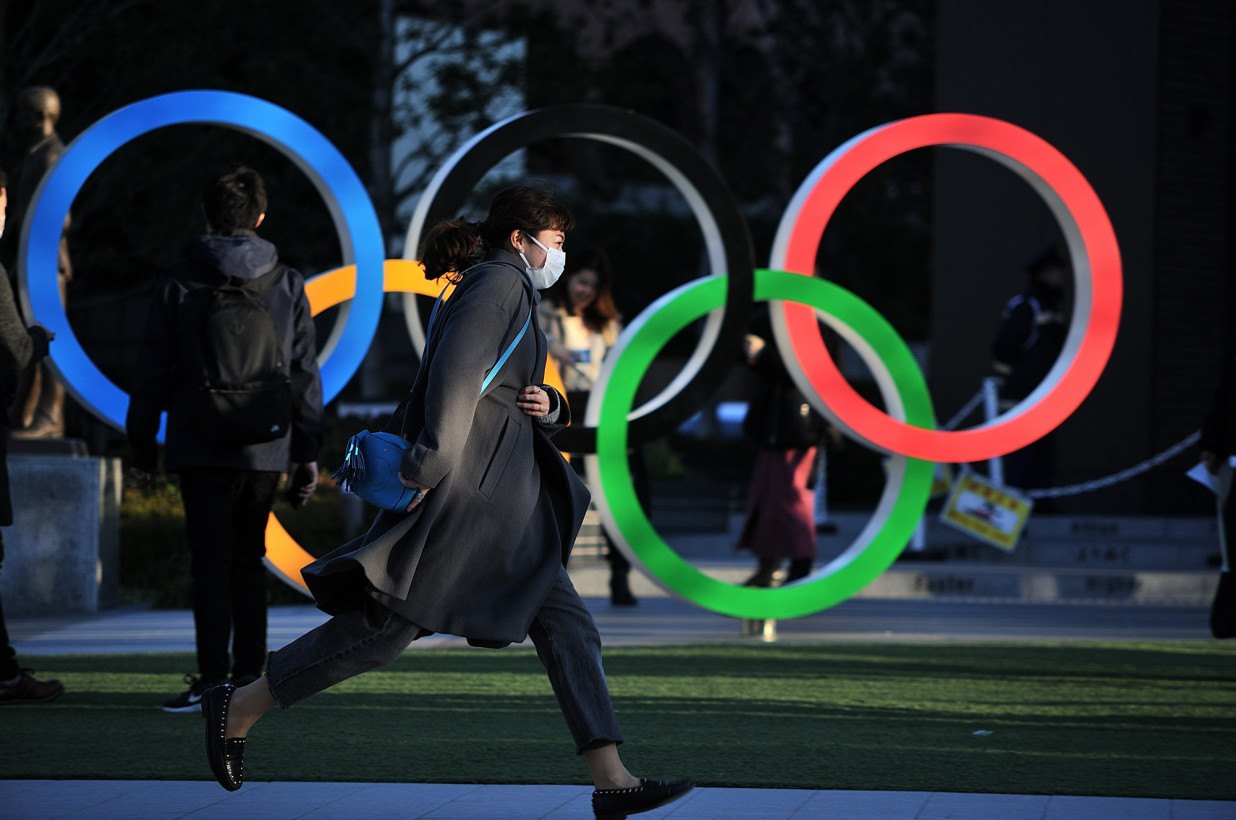The International Olympic Committee is giving real consideration to the possibility of canceling the 2020 Tokyo Olympics due to the coronavirus outbreak. IOC official Dick Pound told the Associated Press on Tuesday that the group probably has until May to make a decision, and that delaying the start of the Olympics is not an option.

The coronavirus outbreak has already impacted international sporting events, including Olympic trials and qualifiers.
While many of these competitions have been moved or postponed, Pound explained that’s not possible for the Olympic Games, which are scheduled to run July 24-Aug. 9. If the coronavirus is still a threat in May, Pound said the IOC’s only option would be to cancel.
“You don’t just postpone something on the size and scale of the Olympics,” Pound said. “There’s so many moving parts, so many countries and different seasons, and competitive seasons, and television season. You can’t just say, ‘We’ll do it in October.'”
Postponing the Olympics would be especially difficult for broadcasters. Fall schedules are already full, between the NFL, European soccer, baseball, basketball, hockey, etc.
2020 Olympics Could Be Canceled, But Carry On
Pound, a former Olympic swimmer, did have words of encouragement for all of the potential Olympic athletes.
“As far as we all know, you’re going to be in Tokyo. All indications are, at this state, that it will be business as usual. So keep focused on your sport and be sure that the IOC is not going to send you into a pandemic situation.”
Meanwhile, concerns about the coronavirus, also known as COVID-19, are mounting in the United States.
Currently there are very few cases of #COVID19 in the US & no reported community spread. But as more countries see community spread, successful containment becomes harder and CDC is preparing for community spread in the US. pic.twitter.com/MBJftVsR0H
— CDC (@CDCgov) February 25, 2020
Pound’s comments come on the heels of a somewhat dire briefing from the Centers for Disease Control.
During the briefing, the CDC said the virus is likely to be spread at the community level in the United States. CDC director Nancy Messonnier added, “Disruption to everyday life might be severe.”











